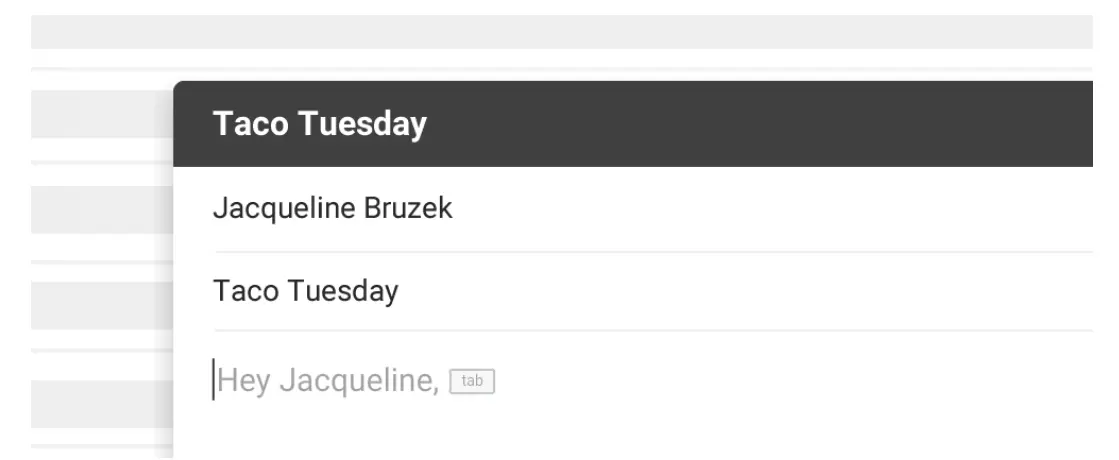At the Marketing AI Institute, we read dozens of articles on artificial intelligence every week to uncover the most valuable ones for our subscribers and we curate them for you here. We call it 3 Links in 3 Minutes. Enjoy!
Google Removes Pronouns from Smart Compose
We’ve written before on the bias present within artificial intelligence. Remember, machines are only as smart as the data they are trained on. This is why Google has decided to remove pronouns from their Smart Compose feature in Gmail, for fear it would guess the wrong gender.
The problem that tipped off developers was the use of the word “investor.” When typing “I am meeting an investor next week,” Gmail suggested the next line of text as “Do you want to meet him,” assuming the investor was male.
Paul Lambert, Gmail product manager, says they’ve tried to fix the problem several different ways but in the end, it was easier to just remove these types of replies altogether. According to the Verge, Lambert explained, “it pays to be cautious in cases like these as gender is a big, big thing to get wrong.”
Amazon Echo or Google Home?
More than 25% of American households now own a smart speaker, such as Amazon’s Alexa, Google Home or Apple’s HomePod. However, if you’re part of the population that hasn’t made the leap yet, you’re probably wondering which smart device you should go with. Slate has some insight for you.
Most Americans use their smart speakers purposes such as listening to music (70 percent), checking the weather (64 percent), asking fun questions (53 percent), online search (47 percent), checking the news (46 percent), and setting alarms or reminders (46 percent).
For all of these activities, both Alexa and Google Home will come out on top. However, if you’re hoping to get more robust answers from your assistant, Slate recommends choosing Google Home.
Google has been in the AI business for years and the Home device demonstrates that. Google’s search engine has been learning what people want from their search queries since the late 1990s. They also developed Google Assistant for their smartphones prior to building a smart speaker.
We encourage you to do as much research as you need to decide which smart assistant is right for you, but according to Slate, “The short version of the story is this: Google’s A.I. is smarter.”
China’s Cheap Labor Drives AI Ambitions
China is seen as one of the top (if not the number one) AI power in the world right now. While machines are responsible for giving them this title, it’s cheap labor that keeps the initiative running.
Thanks to weak privacy laws and enforcement, China has “huge troves” of images and surveillance footage. However, in order for machines to use this data, it has to be labeled. Startups are popping up all over the country, hiring labelers to process this raw data for pennies on the dollar.
The New York Times explains: “If China is the Saudi Arabia of data, as one expert says, these businesses are the refineries, turning raw data into the fuel that can power China’s A.I. ambitions.”
While something as simple as determining if an image is a dog or a cat may seem insignificant, it’s China’s superpower—one that the United States may never be able to match.
Ashley Sams
Ashley Sams is director of marketing at Ready North. She joined the agency in 2017 with a background in marketing, specifically for higher education and social media. Ashley is a 2015 graduate of The University of Mount Union where she earned a degree in marketing.


